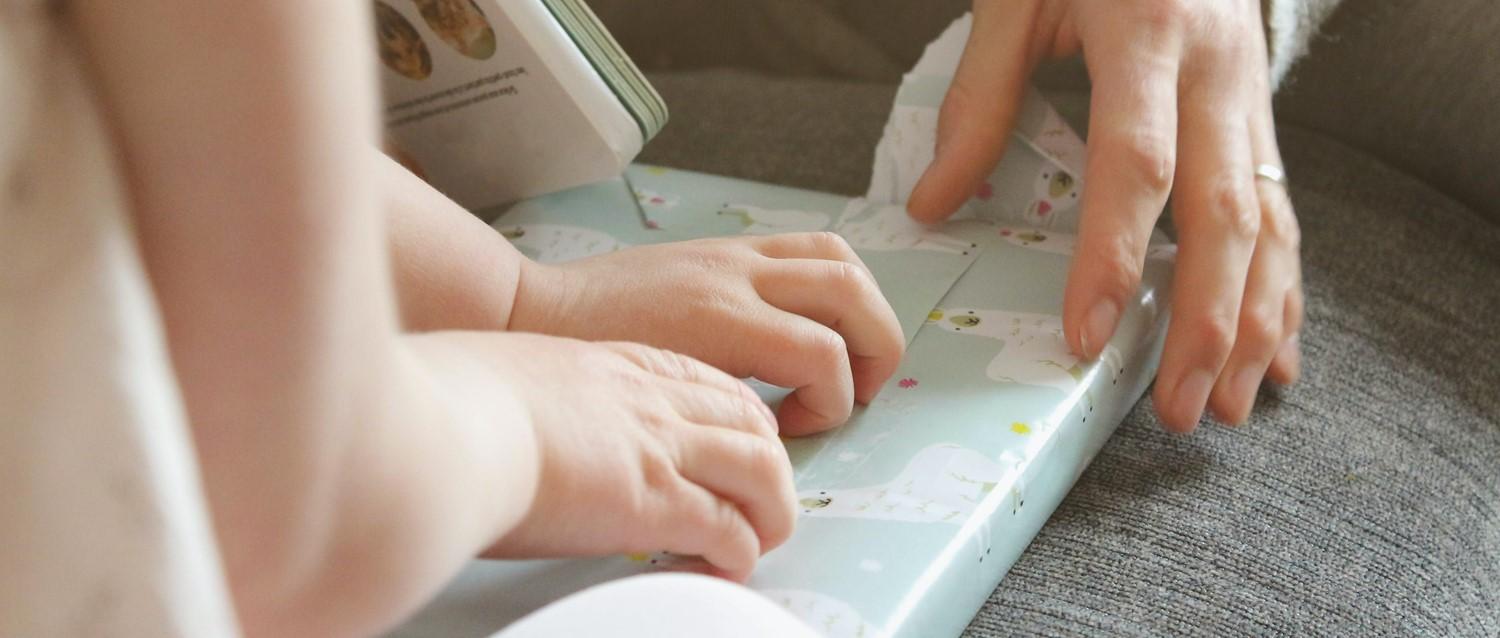
Could my toddler be depressed?
Peer reviewed by Dr Sarah Jarvis MBE, FRCGPAuthored by Danny ChadburnOriginally published 27 Sept 2017
Meets Patient’s editorial guidelines
- DownloadDownload
- Share
- Language
- Discussion
Your toddler is screaming blue murder whilst going bright red in the face – we’ve all had to deal with a tot who’s lost control and lets everyone know how unhappy they are.
In this article:
But could this behaviour indicate something bigger, such as depression? We spoke to Dr Maite Ferrin, consultant child and adolescent psychiatrist at Re:Cognition Health to find out if this is possible.
Continue reading below
Can a three-year-old have depression?
Scientists and psychiatrists used to say toddlers couldn’t get depressed. For a person to develop depression, they have to have emotions and cognition, and a young child hasn’t yet developed these. But experts have changed their opinions.
While depression as we understand it in an adult – with symptoms such as feelings of hopelessness – isn’t seen in children so young, we now know that they can manifest their own emotional symptoms. These would usually be behavioural problems, excessive fears, bedwetting or difficulties achieving developmental milestones.
They might also suffer from changes in sleep and appetite, excessive guilt, decreased activity levels, sadness and irritability, and a preoccupation with negative play themes.
What’s the evidence?
Back to contentsA US report in 2009 on preschool depression found that children as young as three can show signs of depression, ‘contradicting traditional developmental theory’.
Another study in 2003 found pre-school children with depressive symptoms were more likely to have raised levels of the stress hormone cortisol; this occurs in older children and adults with depression too.
Continue reading below
What can trigger toddler depression?
Back to contentsAsk yourself, ‘What has changed?’ This could be a close relative or pet dying, or a new sibling that is taking some adjusting too. Or are you and your partner working more than usual?
Start keeping a behaviour diary – this can help reveal any patterns in your child’s behaviour that might be useful for experts to examine. Ask other people for their observations too. Grandparents, nursery teachers, nannies or other carers may also have spotted signs of depression in your toddler.
Is it depression or just a toddler tantrum?
Back to contentsTantrums are developmentally necessary in children. It’s how they learn to manage their own feelings and to regulate frustration. Therefore, it’s fine if your child has temper tantrums that are developmentally appropriate in their frequency and intensity.
But if you feel your child is having more tantrums than other children appear to, has more than is appropriate for their age, and seems to be suffering as a result – either socially or emotionally – then it may be time to see your GP.
They will either reassure you that your child’s behaviour is totally normal, or can refer you to a specialist such as a child psychologist or psychiatrist if needed.
Continue reading below
Does a depressed toddler mean a depressed child/teen/adult?
Back to contentsThe 2009 report found that pre-school children with depression were more likely to have depression 12 or 24 months later compared to those who weren’t depressed, and it was one of the most significant predictors of later depression.
However, this doesn’t necessarily mean your toddler will go on to be depressed in later life. If you act early enough, get professional help, and put the right measures in place, you can help their brain become more resilient and ward off depression.
What are the treatment options?
Back to contentsIn the UK, doctors virtually never medicate children for mood disorders but would look at some kind of therapy such as play therapy or family therapy instead.
We would also want to find out the triggers and environmental factors that are causing distress in the child, such as a new brother or sister, and modify them – this could be by you and your partner spending time alone with them, for example.
Don’t worry about ‘making a fuss’ if you are concerned about your child. Early intervention is crucial to outcome in toddlers with severe mood disorders. It’s better to ask for help and discover nothing is wrong, than do nothing and watch your child’s emotional wellbeing and behaviour decline.
Patient picks for Mental health and behaviour

Children's health
PANDAS: what we know and what we don’t
We live in an age where medical science is advancing at an incredible rate. But most doctors will agree that we are a long way from knowing everything. And this is the case with a condition known as PANDAS (paediatric autoimmune neuropsychiatric disorders associated with streptococcal infections) in which streptococcal antibodies are thought to affect the brain.
by Gillian Harvey

Children's health
How to help your child with back-to-school anxiety
After the freedom of the summer holidays, it’s usual for kids to be reluctant to head back to the classroom. But sometimes, not wanting to go back to school can be a sign of anxiety. Here we look at ways to recognise the signs of stress, providing support, and using strategies to settle your kids back into school life.
by Heather Ainsworth
Continue reading below
Article history
The information on this page is peer reviewed by qualified clinicians.
27 Sept 2017 | Originally published
Authored by:
Danny Chadburn
Peer reviewed by
Dr Sarah Jarvis MBE, FRCGP

Ask, share, connect.
Browse discussions, ask questions, and share experiences across hundreds of health topics.

Feeling unwell?
Assess your symptoms online for free
Sign up to the Patient newsletter
Your weekly dose of clear, trustworthy health advice - written to help you feel informed, confident and in control.
By subscribing you accept our Privacy Policy. You can unsubscribe at any time. We never sell your data.